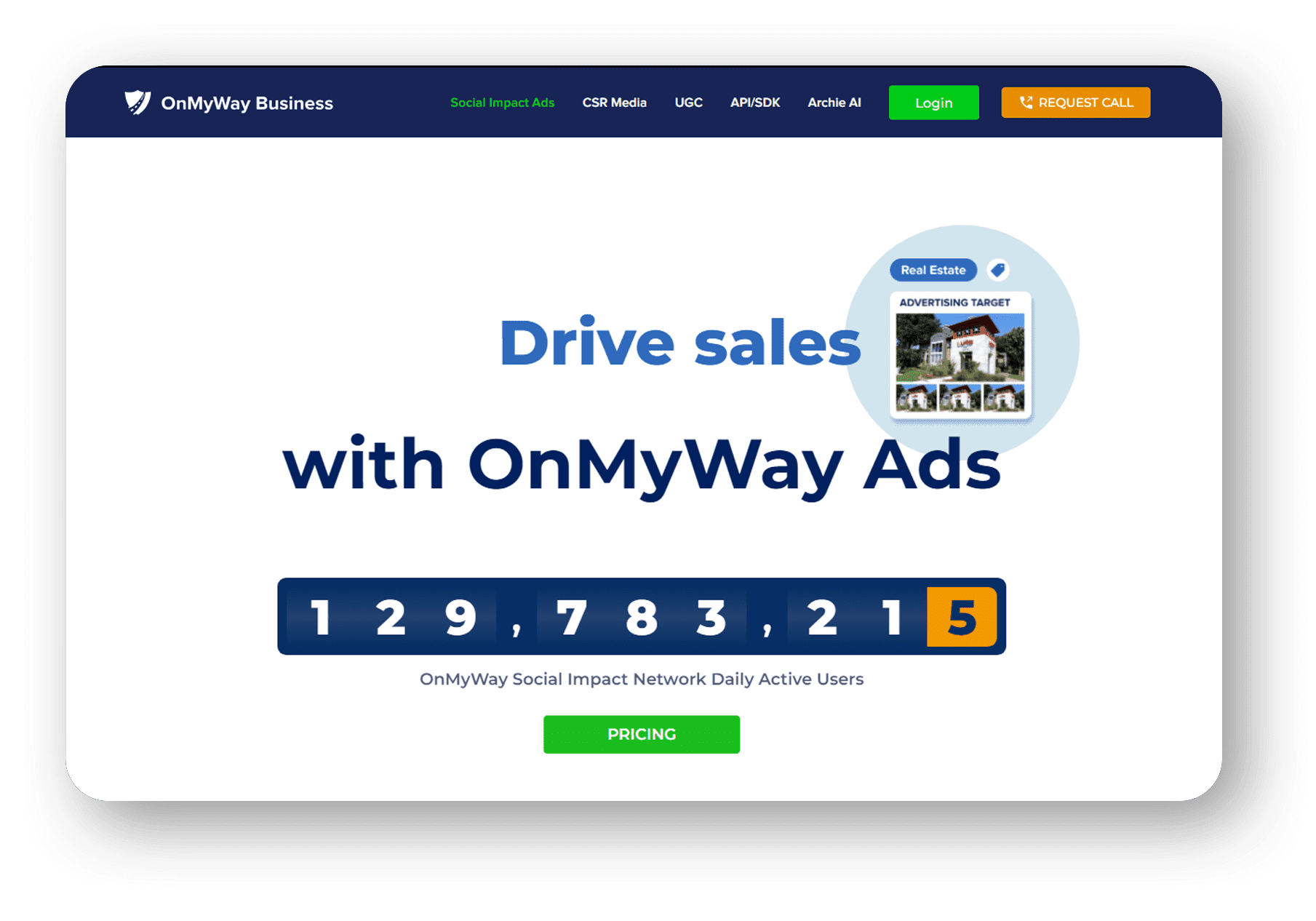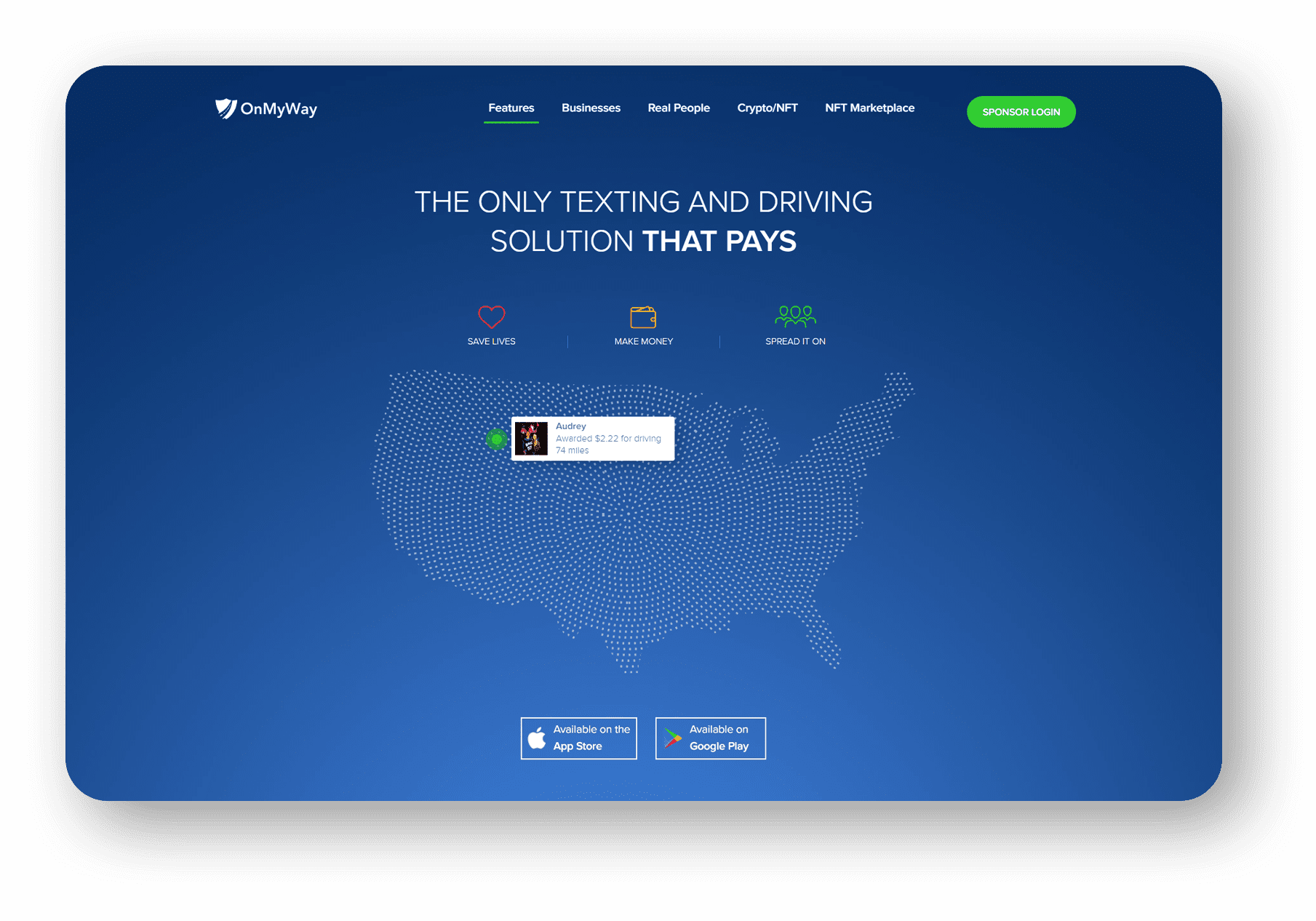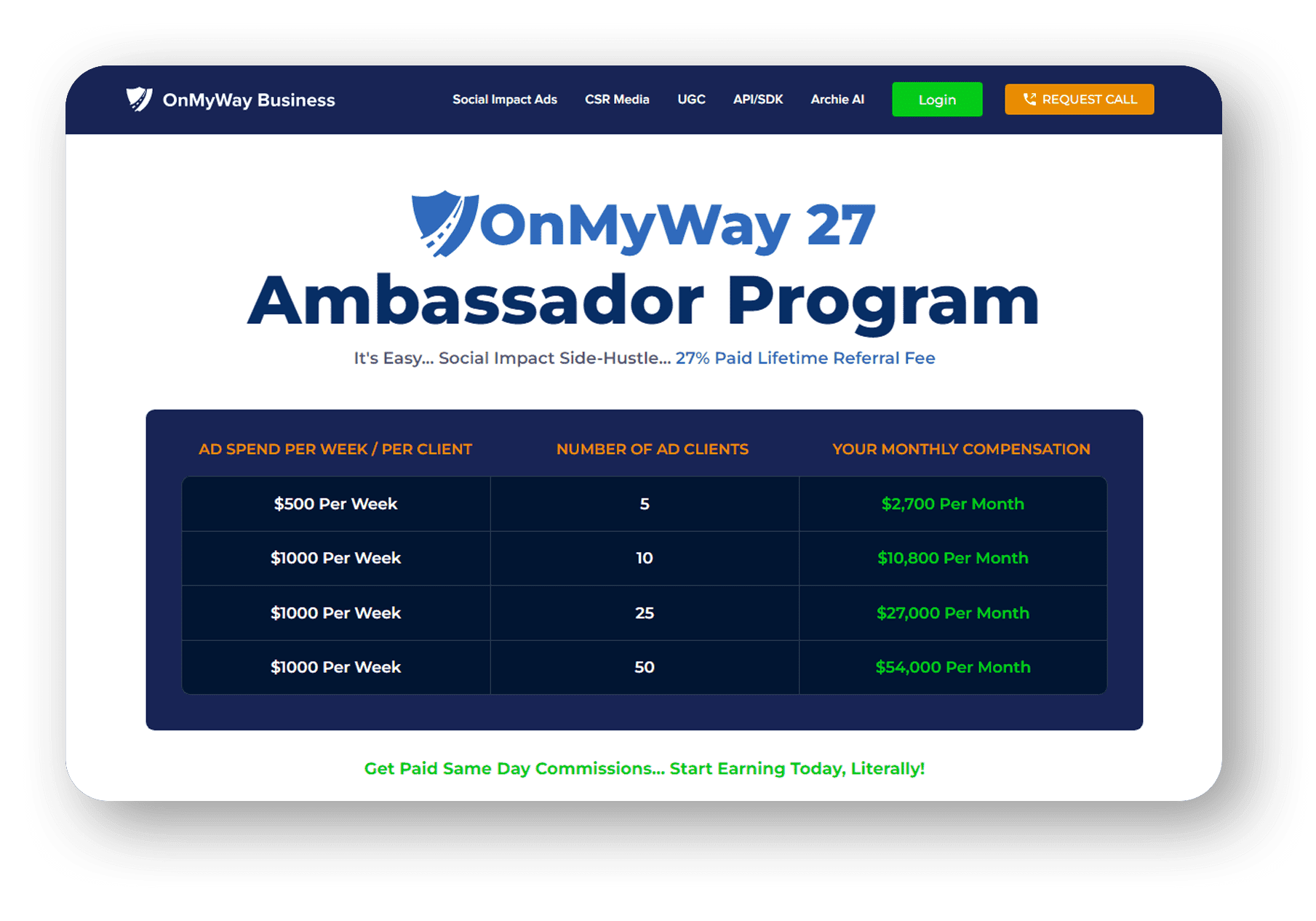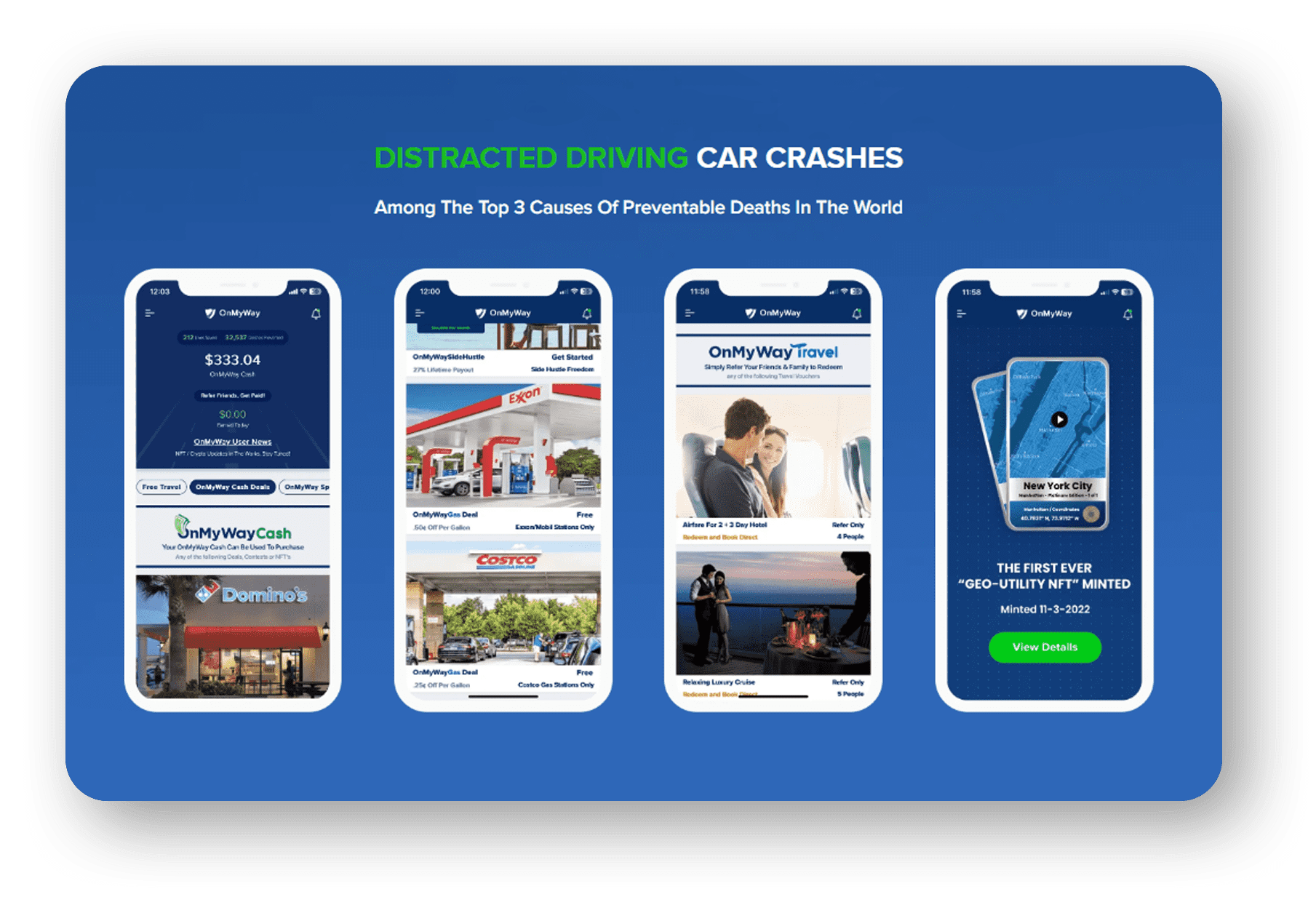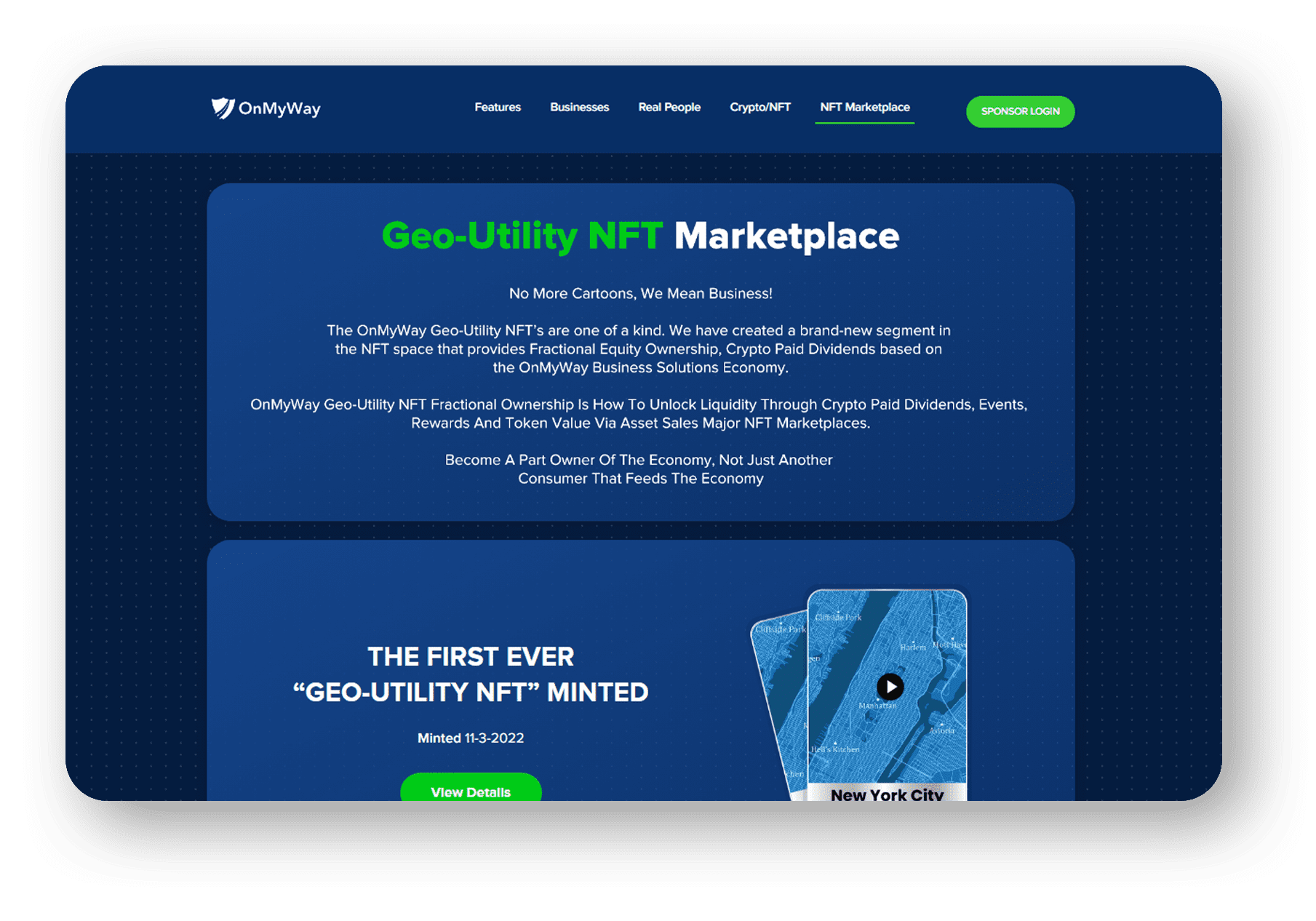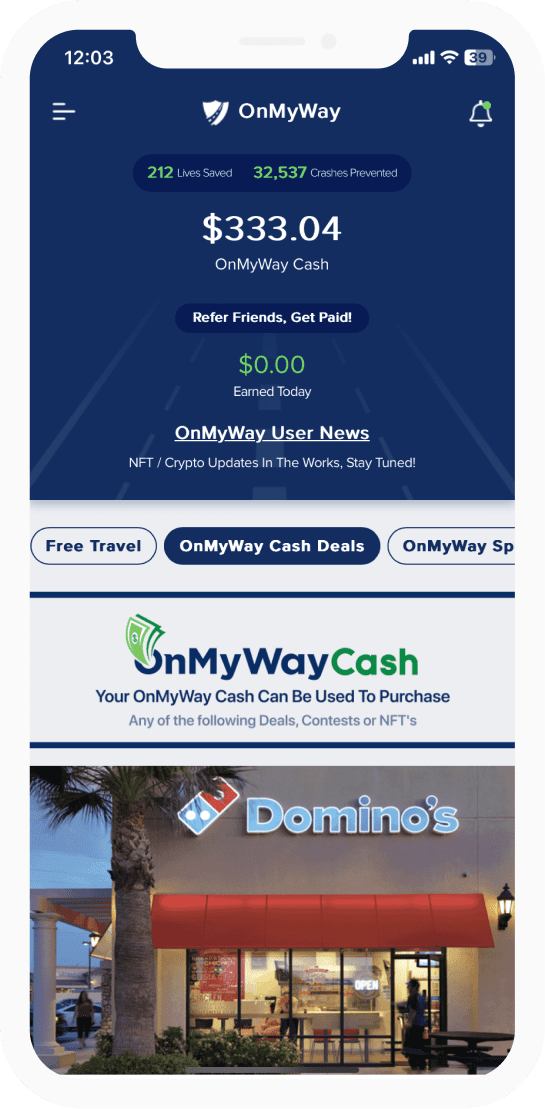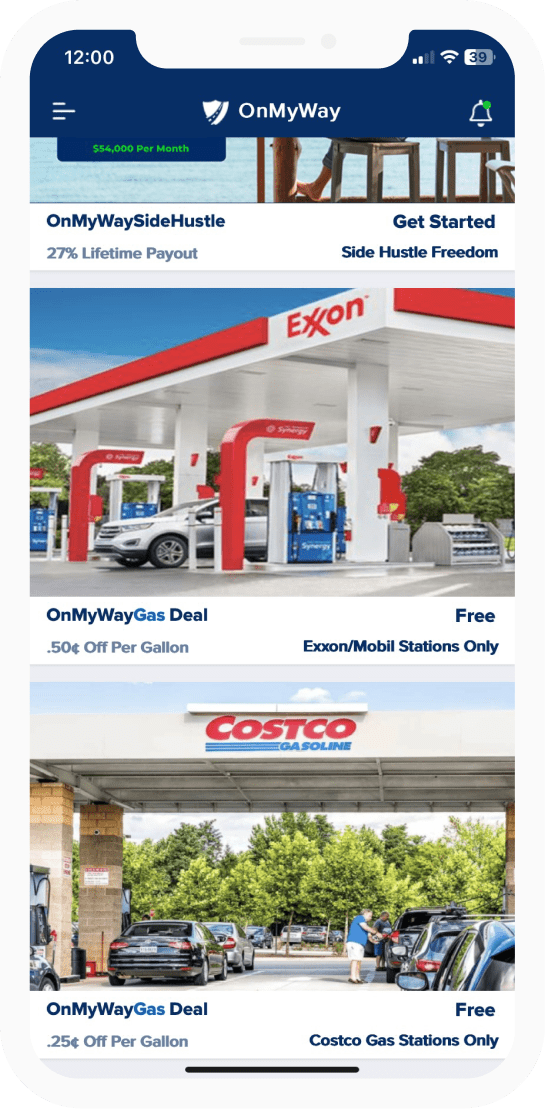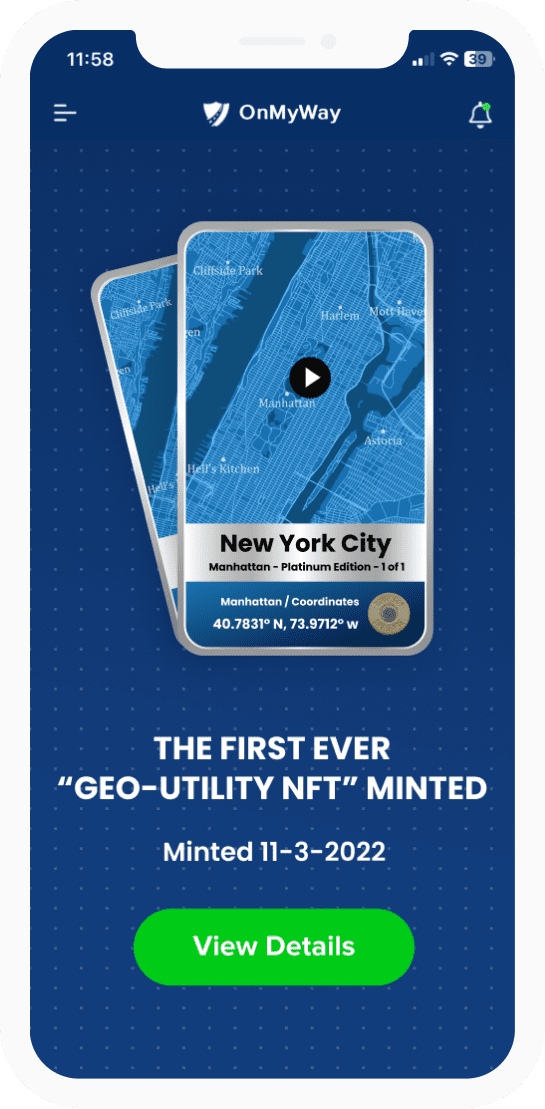
On August 6, 1945, an American bomber took off from the island of Tinian, for Hiroshima in Japan. Inside the bomber was Little Boy, code name for a uranium 235 gun-type bomb. At 08:16 in the morning, the bomb exploded.
A dazzling burst of light led to a mushroom cloud over the ruins, dark and ominous. Within the blink of an eye, more than 80,000 people were massacred, and over a million were left brutally injured. In sixteen hours, US President Harry S Truman made a public announcement from Washington DC on what had really unfolded in Hiroshima.
Three days later, on August 9, 1945, the Americans dropped the second bomb on Nagasaki, changing the course of history forever.
That’s the voice of Julius Robert Oppenheimer, the American theoretical physicist who headed the development of the first atomic bomb. This is an excerpt from an interview he gave to NBC in the 1960s, nearly 20 years after the Hiroshima-Nagasaki explosions, about his feelings on the success of Trinity.
About a month before the Americans dropped the bombs on Hiroshima and Nagasaki, they put their nuclear weapon to test, in the vast, uninhabited Jornada del Muerto desert in New Mexico. This test was named Trinity. When the bomb exploded, Oppenheimer immediately understood the magnitude of what they created. For the first time, a weapon was birthed, powerful enough to annihilate an entire civilisation, with a destructive force unknown to mankind till then.
Oppenheimer descended into a complex mental state after that. On one hand, the success of the bomb test proved to be a scientific achievement of the highest order, one that he was undoubtedly proud of. On the other hand, he also realised the scale of destruction he had now made possible. In the days following Trinity, Oppenheimer’s friends saw him in a depressive, contemplative state. Here is one such instance of that. On one of the days leading up to the Hiroshima-Nagasaki explosions, Oppenheimer was heard muttering to himself, in a tone that was simultaneously condescending and anxious: “Those poor little people, those poor little people.”
But at work, Oppenheimer was focussed and unrestrained, even excited. His mind was centred solely on ensuring the bomb worked just as it was supposed to, so damage could be maximised. According to historians Kai Bird and Martin J Sherwin, he was heard speaking on these lines: “They must not drop it in rain or fog… Don’t let them detonate it too high. The figure fixed on is just right. Don’t let it go up or the target won’t get as much damage.”
After Hiroshima was successfully bombed, Oppenheimer was seen to have punched the air triumphantly.
He had done it.
Oppenheimer’s legacy is full of contradictions. He was not American by origin. He was born to a wealthy Jewish German immigrant family in 1904, but his childhood friends remembered him as down-to-earth, reserved, and brilliant. He attended Harvard University for his undergraduate studies and University of Cambridge for his post graduation. It was then he was diagnosed with psychosis. However, the psychiatrist did not proceed with his treatment because he felt it would do Oppenheimer no good. By 22, Oppenheimer had obtained his PhD, made himself known in the most prestigious scientific circles, and returned to the United States as a professor and research fellow.
When World War II began, the US, with support from Canada and the UK, started work on the Manhattan Project. Its objective was simple: developing an atom bomb. Oppenheimer enthusiastically joined the project in 1941 and impressed his superiors so much that in a year, he was appointed scientific director of the Manhattan Project, despite some opposition.
Oppenheimer is often referred to as the “father of the atomic bomb”, and rightly so. One of his post-war colleagues, Jeremy Bernstein, believed that without Oppenheimer, there perhaps would have never been a bomb and World War II could have ended without any nuclear weapons.
Oppenheimer’s contributions to the bomb were layered and significant. He guided the construction of the laboratories at Los Alamos in New Mexico, recruited the brightest scientific minds, led them, fuelled them, pushed them, all while taking crucial scientific decisions and managing nearly 3,000 workers in the making of the bomb. His enthusiasm was palpable. It wasn’t a solo endeavour, but Oppenheimer was widely regarded as the beating heart of the Manhattan Project.
Before he was appointed leader of the Manhattan Project, Oppenheimer was known to have a radical, liberal, perhaps even a Communist bent of mind. But at the same time, he was a patriot. Leading the Manhattan Project was therefore, in some ways, his dream-come-true. It allowed him to not only be involved in ground-breaking research, but also serve the American cause.
But remember the moral contradictions we mentioned some time back? Here are some of them. To a journalist of the Life Magazine, Oppenheimer once said how he dreaded failure, but also success. Following the war, Oppenheimer changed his stance completely. Yes, he still defended the Manhattan Project for science, but he also described nuclear weapons as bearers quote-unquote “of aggression, of surprise, and of terror”. He called the arms industry “the devil’s work.”
After the war, as part of the Atomic Energy Commission, the father of the atomic bomb became a fierce advocate for the regulation of nuclear weaponry. At a time when the former USSR was making progress with its own bomb, Oppenheimer started discouraging the US government from developing the much more dangerous hydrogen bomb. This change of heart antagonised the US government so much that Oppenheimer’s loyalty was in question and he was soon being investigated for Communist connections. In 1954, his security clearance was stripped. That was the end of his work with the US government. For the rest of his life, the very man who developed the technology of destruction, rallied against its military use.
Apart from being a nuclear scientist, Oppenheimer took great interest in religion and the humanities. Did you know, he was so fascinated with Hinduism, that he learnt Sanskrit to read Hindu scriptures, untranslated? The Bhagavad Gita was particularly close to his heart. Many believe that Lord Krishna’s advice to Arjun’s moral dilemmas with war helped Oppenheimer navigate some of his own conundrums. When his relationship with the United States government turned sour, Prime Minister Jawaharlal Nehru, on Homi Bhabha’s suggestion, invited Oppenheimer to immigrate to India. But he declined. Bhabha’s biographer even believes that the two nuclear scientists shared a good friendship and met each other quite a few times after the war. Their support for each other’s work was no secret in academic circles.
In 1966, Oppenheimer retired from being the Director of Princeton’s Institute for Advanced Study. A year later, on February 18, 1967, he passed away from throat cancer.
OVERVIEW
OnMyWay Is The #1 Distracted Driving Mobile App In The Nation!
OnMyWay, based in Charleston, SC, The Only Mobile App That Pays its Users Not to Text and Drive.
The #1 cause of death among young adults ages 16-27 is Car Accidents, with the majority related to Distracted Driving.
OnMyWay’s mission is to reverse this epidemic through positive rewards. Users get paid for every mile they do not text and drive and can refer their friends to get compensated for them as well.
The money earned can then be used for Cash Cards, Gift Cards, Travel Deals and Much, Much More….
The company also makes it a point to let users know that OnMyWay does NOT sell users data and only tracks them for purposes of providing a better experience while using the app.
The OnMyWay app is free to download and is currently available on both the App Store for iPhones and Google Play for Android @ OnMyWay; Drive Safe, Get Paid.
Download App Now – https://r.onmyway.com
Sponsors and advertisers can contact the company directly through their website @ www.onmyway.com



